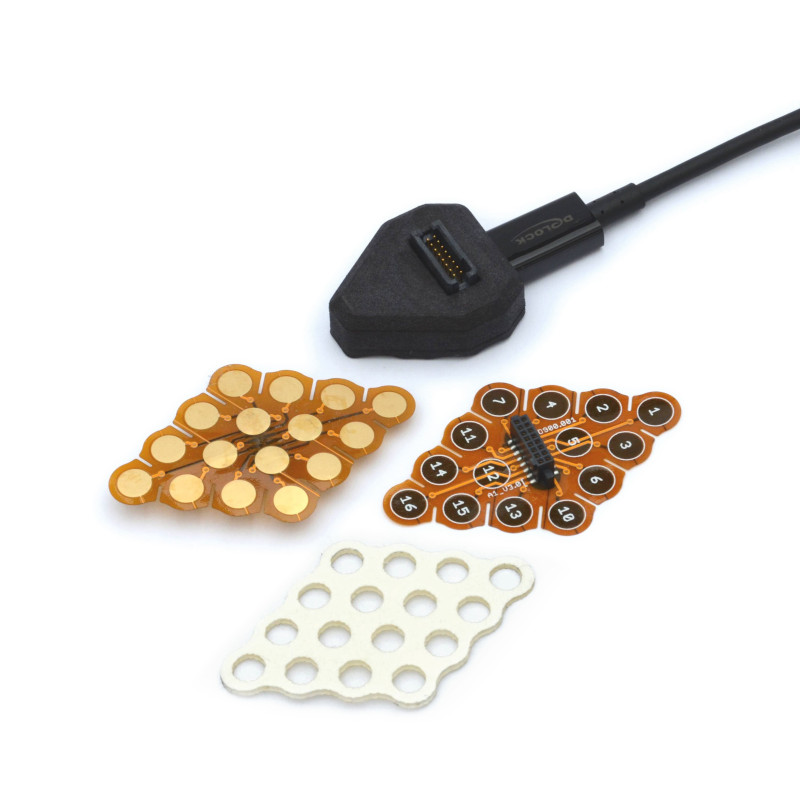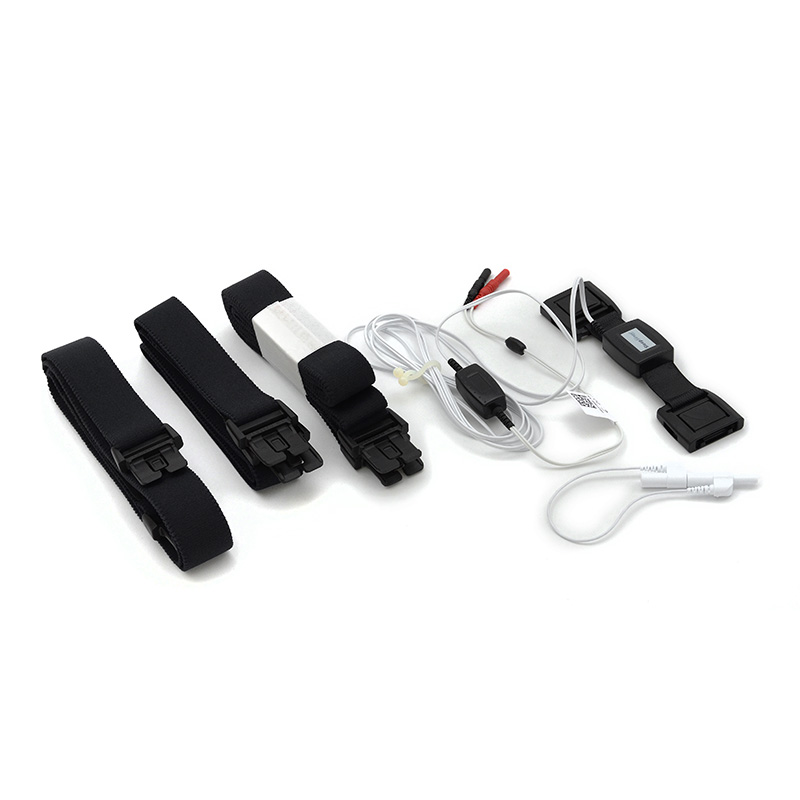
EEG, EOG and EMG can be measured with electrodes attached to the human body. The electrodes pick up the electrical activity of the underlying neurons. Different sensors are required to measure other signals from the body. Therefore, g.tec provides various sensors for physiological and physical signals.
All sensors provide analog output signals, and are designed to be connected directly to the amplifier inputs or to the analog inputs of the data acquisition system. For safety reasons, all sensors, adapter cables and interface boxes are equipped with DIN 1.5-mm touchproof safety connectors.
| Ultra high-density EMG sensor |
| fNIRS sensor |
| Temperature Sensor |
| Blood pressure monitoring sensor |
| Snoring sensor |
| Respiration effort sensor |
| Respiration airflow sensor |
| Oxygen saturation sensor |
| Galvanic skin response sensor |
| Acceleration sensor |
| Limb movement sensor |
| Input connectors | DIN 1.5 mm touchproof safety connectors |
| Safety class | II |
8 FNIRS SENSOR
g.SENSOR 8 fNIRS allows you to record functional near-infrared spectroscopy. With g.tec’s biosignal amplifiers, you can pick up EEG signals at the same time.
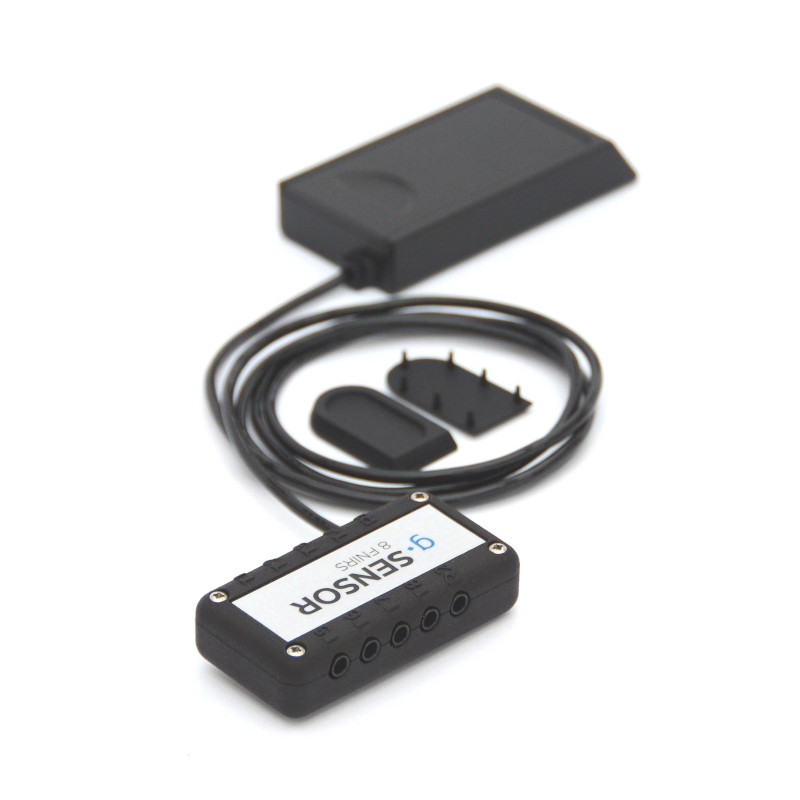
TEMPERATURE SENSOR
The temperature sensor can be used to measure skin temperature between 20° C – 45° C (accuracy 0.2° C). The sensor is already calibrated and provides an output voltage of 0…200 mV.
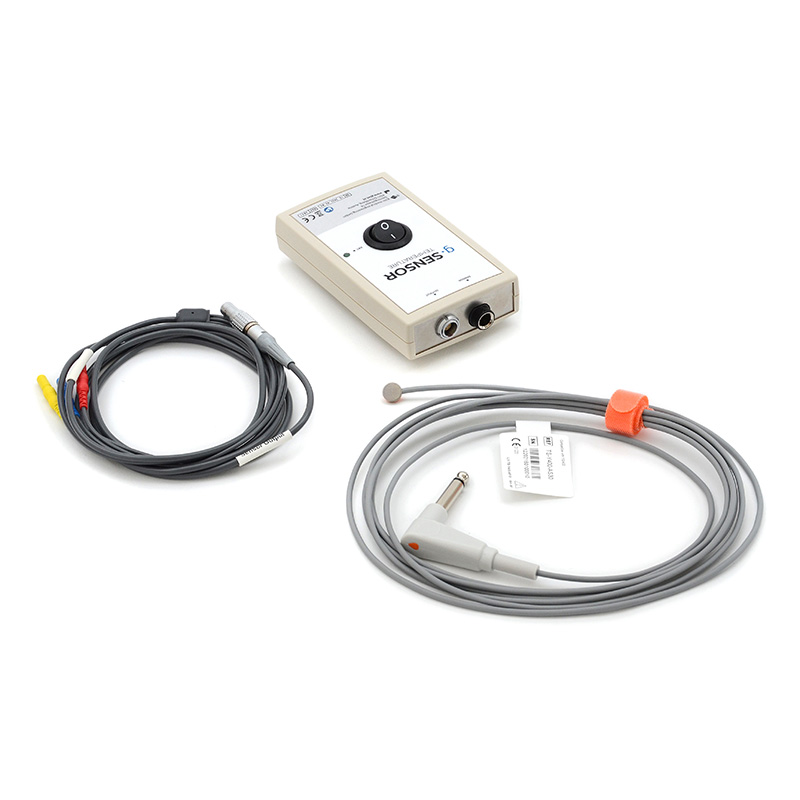
BLOOD PRESSURE MONITORING SENSOR
The blood pressure monitoring sensor allows non-invasive BP recording and can be used as a stand-alone system as well. The analog output signal (continuous BP in mmHg) can be recorded with other parameters and biosignals with g.tec systems.
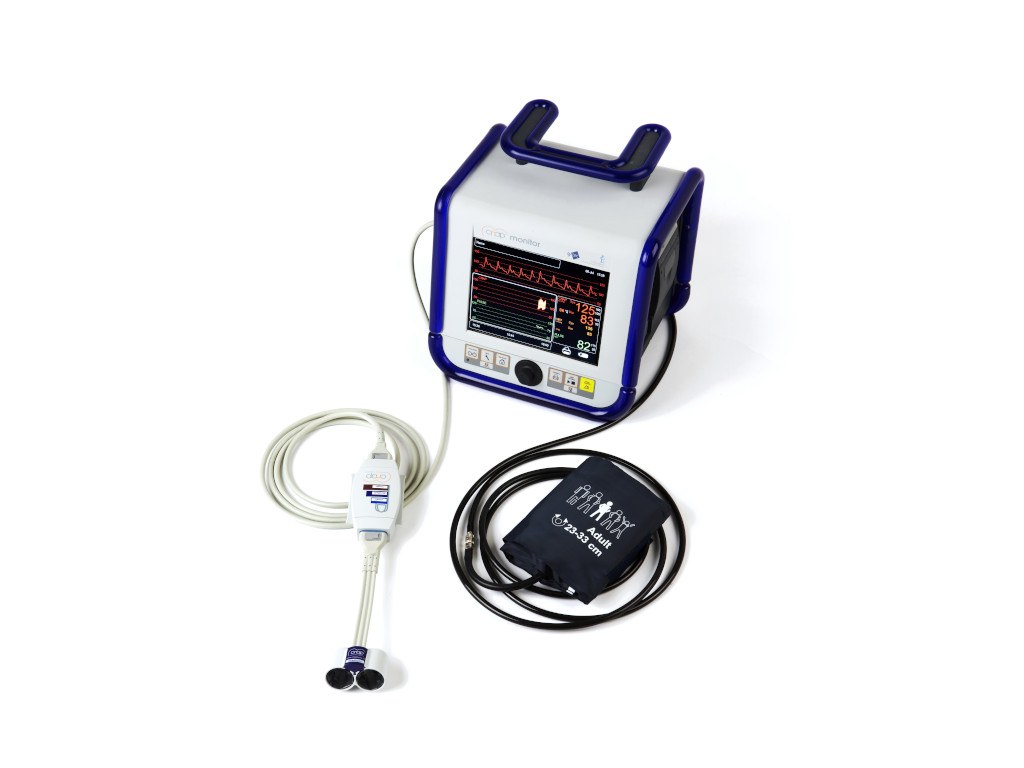
SNORING SENSOR
Piezo-electric snoring sensor picks up tracheal sounds for sleep research. The sensor can be placed on the neck of the patient.
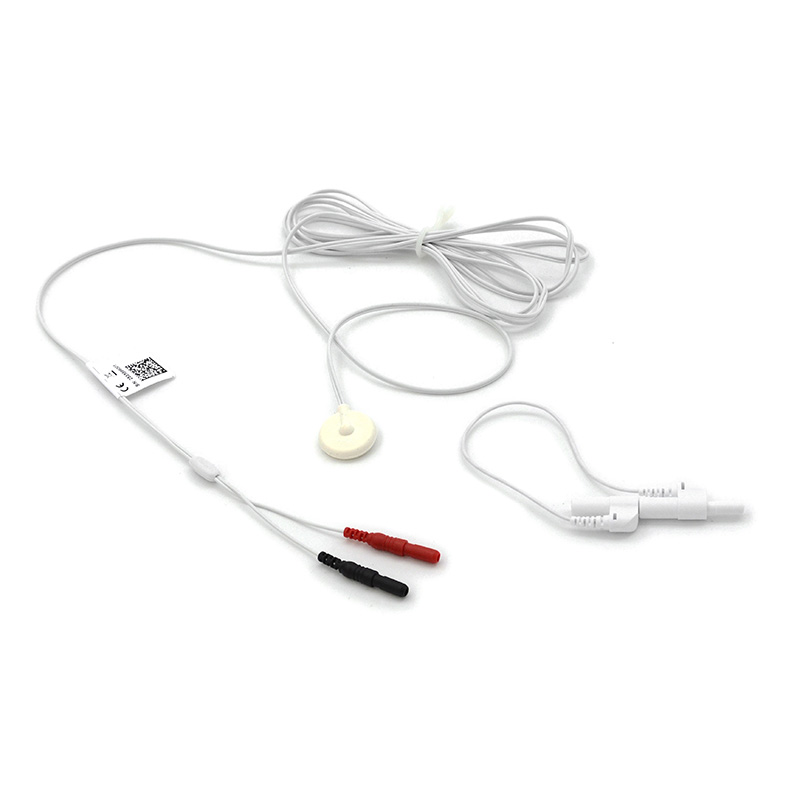
RESPIRATION EFFORT SENSOR
Piezo-electric crystal sensor in a robust belt system. Can be used to record chest and abdominal respiration waveforms independently. Our respiration sensors connect directly to amplifier inputs.
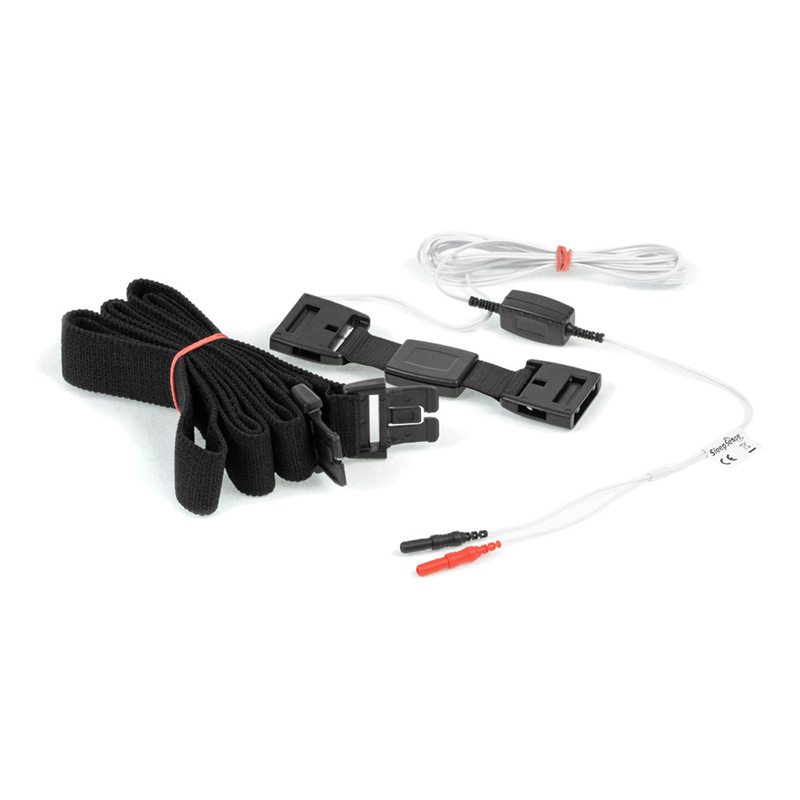
RESPIRATION AIRFLOW SENSOR
This thermistor sensor is placed in front of nose and mouth and measures temperature changes in inhaled and exhaled air. The resulting respiration signal is very robust against movement artifacts.

OXYGEN SATURATION SENSOR
Two light sources with different wave lengths are used to measure the saturation of oxygen in the blood (SpO2) and the pulse. A sensor for the index finger or ear-lobe is available. A calibrated output signal is provided.

GALVANIC SKIN RESPONSE
This method is also called EDA (electro-dermal activity) or skin conductance, where two small electrodes are placed on fingers without gel. The isolated circuit guarantees no interference with other electrodes on the body. Technical details: 0 – 30 µS, 1µS (micro MHO) calibration button.
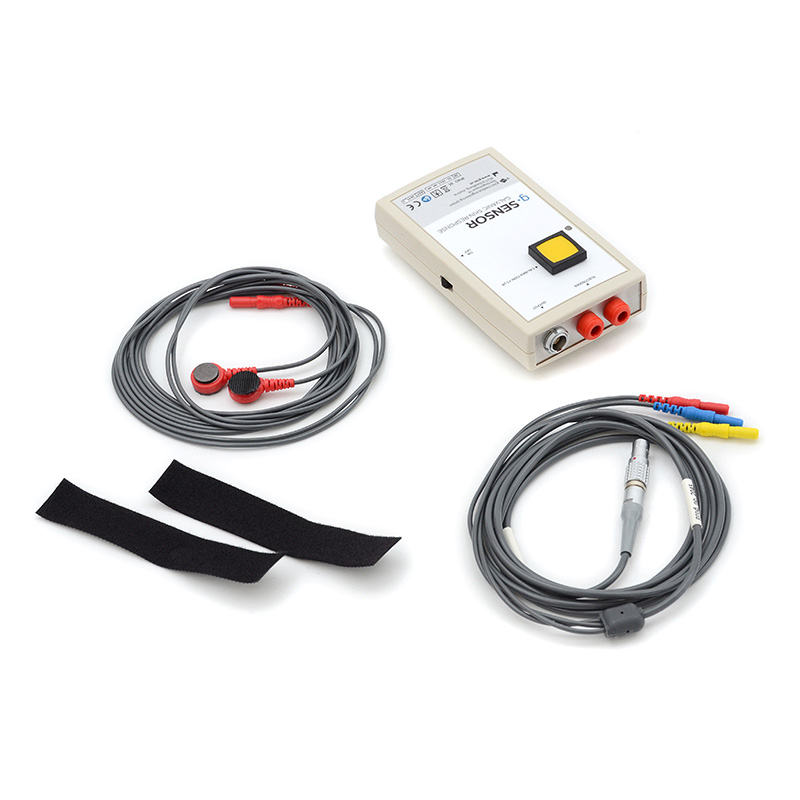
ACCELERATION SENSOR
The acceleration sensor can be applied on the subject’s body or directly in a simulator, vehicle or airplane to monitor g-forces, acceleration and vibration. Technical details: 3-axes, +/- 3 g acceleration.
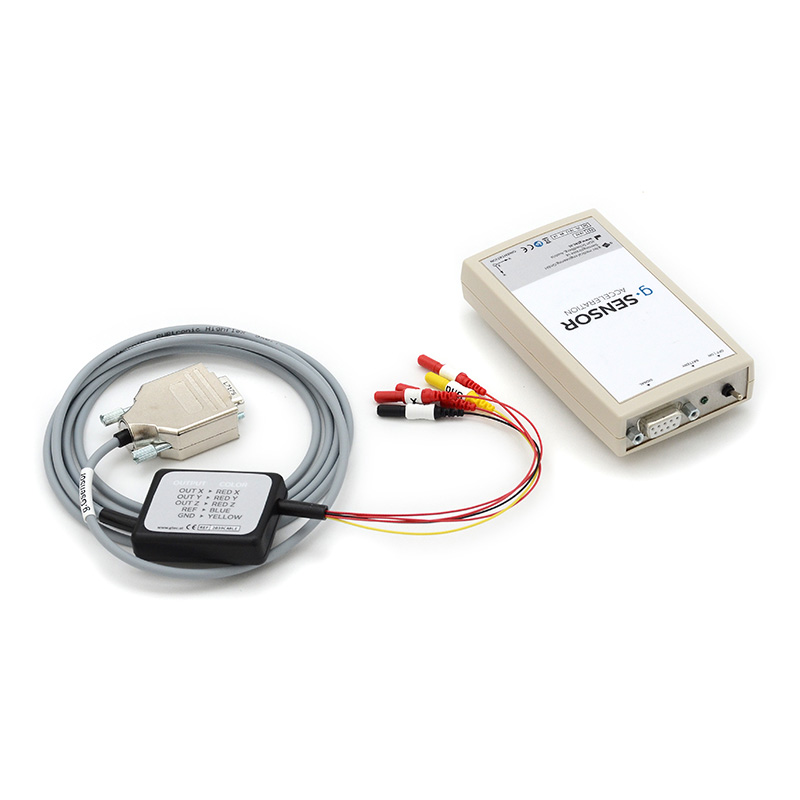
LIMB MOVEMENT SENSOR
The piezo-electric sensor is placed on the ankle to detect movements of the feet during sleep to investigate restless leg syndrome (RLS) and periodic limb movements (PLMs).
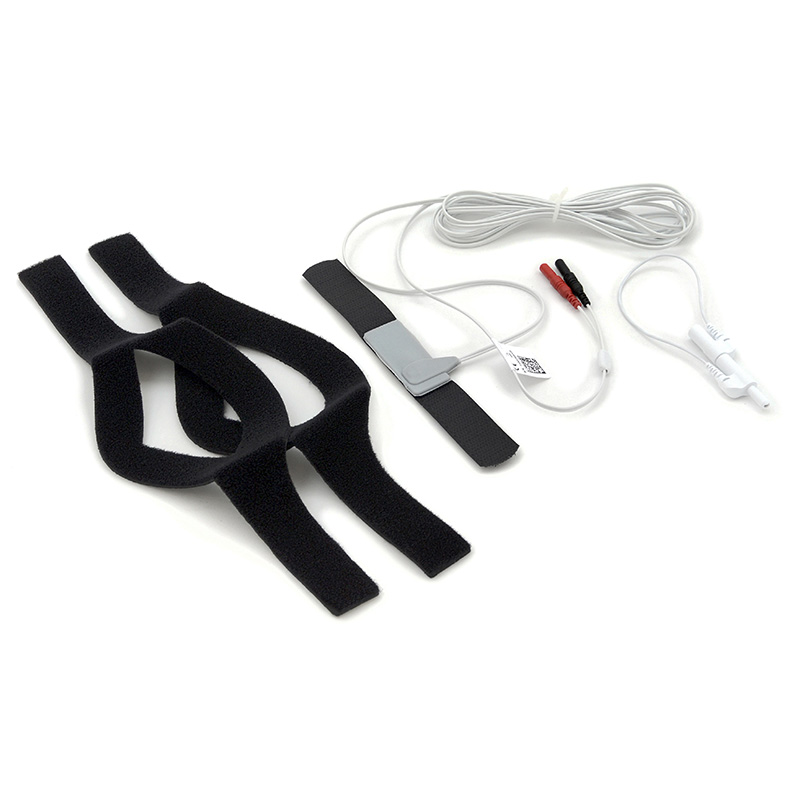

NEED MORE INFORMATION
ABOUT THIS PRODUCT?
Send us your email so we can contact you as soon as possible.
